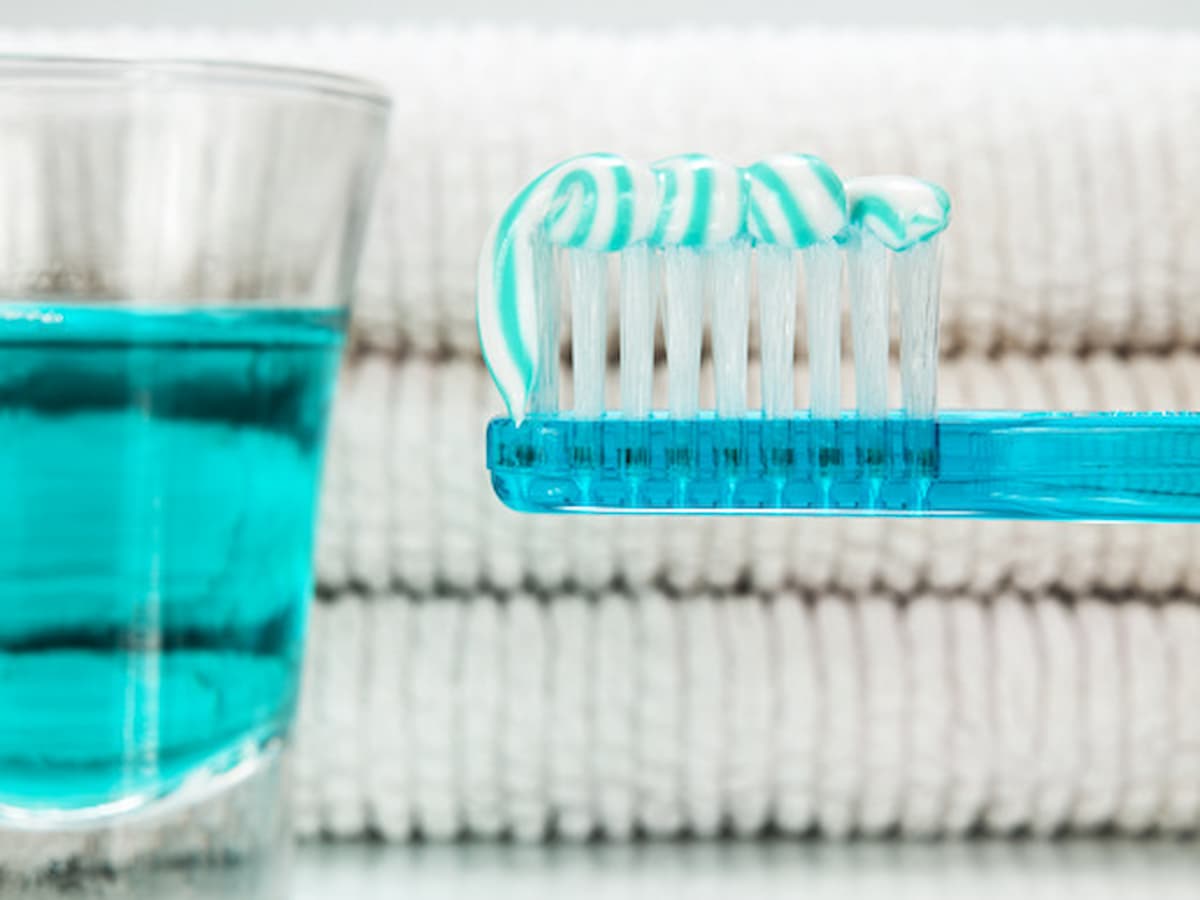 Tooth enamel is the protective layer that coats your teeth designed to help prevent dental decay. While many believe enamel is white, the enamel layer is actually more translucent with a bluish, gray, or yellow tone … the color of the underlying dentin gives way to tooth discoloration particularly as we age. Your dentist is a wonderful ally to help you protect valuable tooth enamel.
Tooth enamel is the protective layer that coats your teeth designed to help prevent dental decay. While many believe enamel is white, the enamel layer is actually more translucent with a bluish, gray, or yellow tone … the color of the underlying dentin gives way to tooth discoloration particularly as we age. Your dentist is a wonderful ally to help you protect valuable tooth enamel.
Enamel forms on teeth before they emerge through gum tissue. Dental enamel is extremely hard, but it can be breached which leads to dental decay and/or gum disease.
There are many ways to protect dental enamel. Fluoride is a nutrient that has been added to the water supply around the country. Fluoride deficiency can increase the incidence of dental decay; the bottled water craze and the increase in beverage consumption that is not tap water has made it more difficult to get the needed fluoride in the diet.
But there are other ways to obtain fluoride. There are tooth pastes, gels, and rinses available to use daily. In addition, your dentist can deliver fluoride treatments during dental visits. However, a word of caution … over fluoridation can result in stains to dental enamel.
Dental sealants can be applied by your dentist to teeth that have not already been impacted by decay. Sealants are applied to the chewing surfaces of teeth allowing the protective layer to penetrate the pits in teeth where cavities often start.
Daily brushing and flossing help to remove particles left on teeth after we eat. But even the most conscientious person will experience plaque build-up. Plaque starts out sticky, but can harden on dental enamel. Once plaque hardens, the only way to be rid of it is through a visit to the dentist. The enamel is scraped above and below the gum line to remove harmful bacteria that can lead to decay and/or gum disease.
The acidic value in many foods can wear on dental enamel by softening it making brushing immediately following consumption of many fruits and vegetables a problem. If possible, rinse the mouth thoroughly with clear water after consuming acidic foods or beverages.
Dental enamel is crucial for good dental health. You can preserve enamel, but you can’t regrow it, so taking care of your tooth enamel is critical for decay prevention. For more information or to schedule your next exam, contact our team at 214-343-1818 today.

